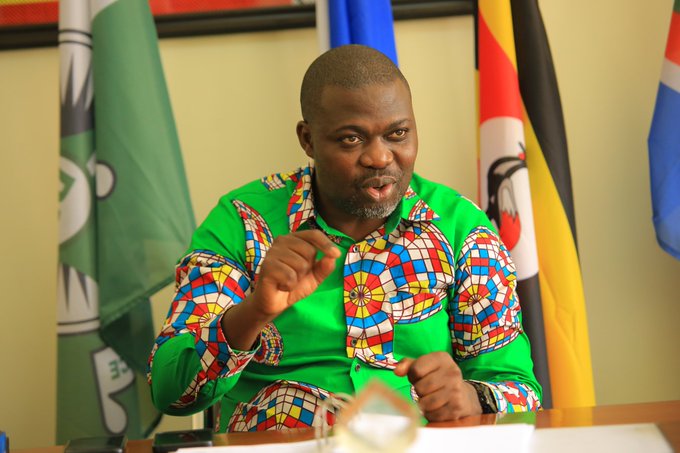TOURISM: Nabajjuzi wetland, a Ramsar site, is located in Masaka district central Uganda some 120km southwest of Kampala. Designated in 2006, the Ramsar site covers 1,753 hectares extending from Masaka, Mpigi to Sembabule districts.
Some parts of Nabajjuzi wetland systems are in the river Katonga basin which flows from Lake Victoria to Wamala and empties into Lake Edward in Queen Elizabeth national park.
The vegetation in the wetland includes the dominant Papyrus sedge, silver grass (miscanthus violaceus) and some water lillies such as blue lotus (nymphaea nouchali va). Some of the bird species recorded at Nabajjuzi are considered endemic such as the papyrus yellow warbler (chloropeta gracilirostris) and papyrus gonolek (laniarius mufumbiri) as well as the shoebill stork, and gray crowned crane.

Nabajjuzi wetland remains relatively intact despite a long history of resource extraction by local communities.
The site lies in traditional Buddu county of Buganda Kingdom, and some of the flora and fauna are closely associated with cultural norms and traditions, especially the totems.
There is thus considerable cultural attachment of the surrounding areas to the wetland, which also plays an important role in stabilizing the banks of River Nabajjuzi, groundwater recharge, flood control and as a natural filter for silt and sediments in the runoff.
The wetland is the main source of piped water for residents of Masaka city and provides Mudfish and Lungfish, clay, papyrus, and game meat (Sitatunga). Swamp dwelling antelopes are also regularly seen.
Rural communities also water cattle while the seasonal wetlands are used for grazing. A range of plant materials are harvested for thatching traditional houses, medicine and crafts. Papyrus and Loudetia are used to produce baskets, mats and chairs which are sold at the observatory, occasionally along the road or taken to local trading centers.

The site is under the Lake Victoria Conservation Environmental Education Programme sponsored by wetlands Department in partnership with Nature Uganda and African Wildlife Foundation.
Uganda has 12 Ramsar sites in Uganda, which are mainly wetland systems including Nabajjuzi, Lutembe bay, Mabamba, Makanaga, lake Opeta, lake Bisina, lake Nakuwa, lake Nabugabo, lake Albert, Nile delta, and lake Mburo Nakivale. They’re classified as Important Bird Areas (IBAs)
A Ramsar site is a wetland site that is designated by the Ramsar Convention to be of international importance. Ramsar Convention, also known as “The Convention on Wetlands”, is an intergovernmental environmental treaty established in Ramsar, Iran on Feb 2, 1971 by UNESCO and came into force on Dec 21, 1975. The treaty provides for national action and international cooperation regarding the conservation of wetlands and wise sustainable use of their resources.
Masaka City Mayor Hon. Florence Nayamanja says that Masaka and the neighbouring districts are endowed with plenty Eco-tourism sites that can potentially attract tourism and investment and fetch them the much-needed revenues to spur the city’s development.
She says plans are underway to designate Masaka as the first Ramsar city in East Africa for the wise use and protection of wetlands

Mr. Tonny Kalyango, the Executive Director Biodiversity Conservation Foundation (BCF) says Nabajjuzi wetland which is a Ramsar site in Masaka City and the main source of water for the entire city population and other neighboring 3 districts and a habitat for a number of endangered species of wildlife deserves to be protected as a key tourism attraction in the City.
A tourist needs not to miss to discover the eco-tourism wetland
The need to protect and sustainably utilize wetland resources began in 1971 when the Ramsar convention was signed in Iran. A wetland is considered a Ramsar site due to the rich biodiversity and the social economic value it has both nationally and internationally.
Uganda became a member in 1988 with 11% of the total area covered by wetlands. The national wetlands policy was passed in 1995 and since then, over 40 have been designated as IBAs of which 12 are Ramsar sites.
By Maurice Peter Matovu and Nsubuga Robert
Do you have a story in your community or an opinion to share with us: Email us at centralupdates31@gmail.com or stmaurice35@gmail.com or call and WhatsApp us on 0758 93170





